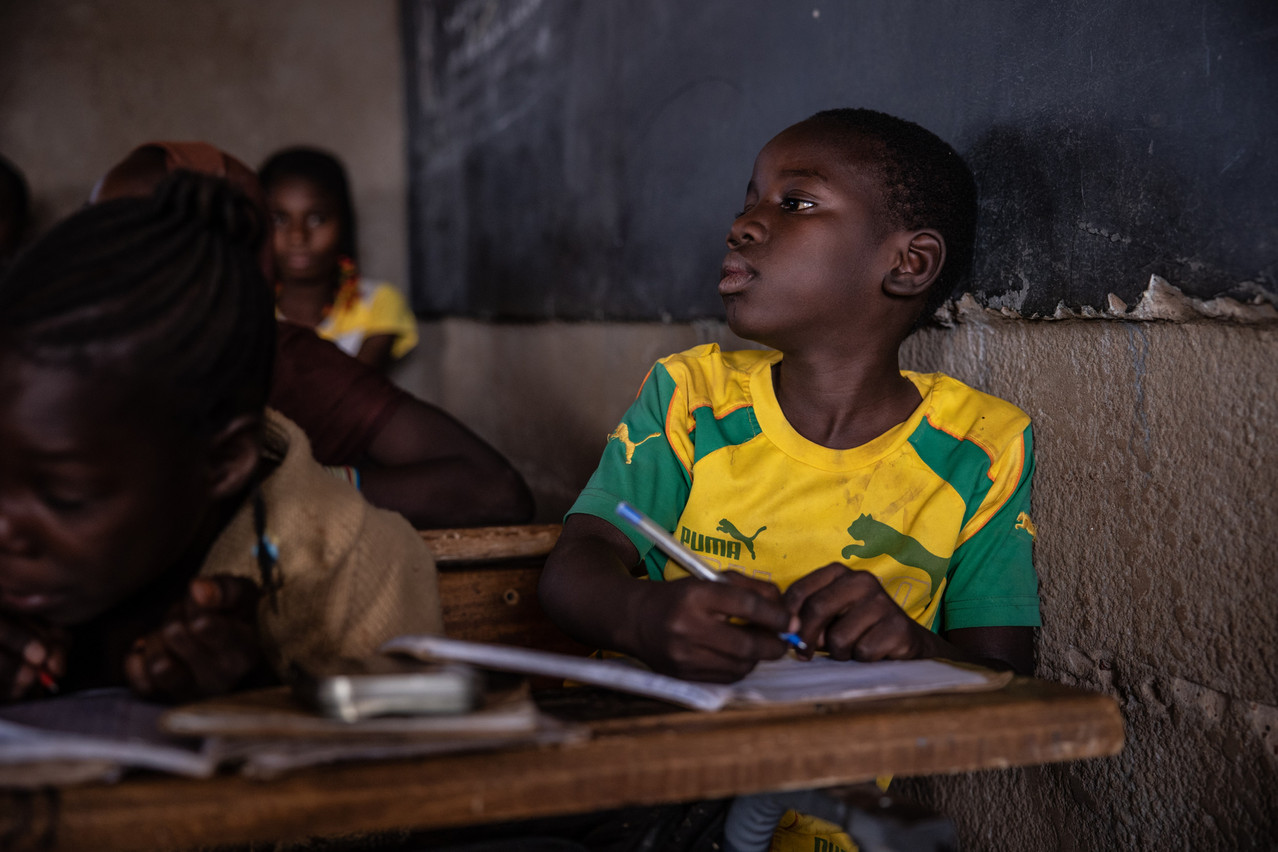For Ada, this year marks the end of its current operational development plan. “Looking at our 2020 figures, we can say that, despite the covid-19 crisis, the results of our operational development plan are positive,” said Christian Baron, Ada’s director of operations, in an interview with Paperjam.
This four-year plan, which came into force in 2018, was built on several objectives: to strengthen the capacities of microfinance institutions and give them access to funding; to strengthen microfinance professional associations; to collaborate with Luxembourg actors; and to produce and disseminate knowledge. These objectives share the goal of trying to have an impact on vulnerable populations.
According to Christian Baron, these objectives have been met: “Our figures show that substantial results have been achieved. During the year, tens of thousands of clients and microfinance institutions have been given access to new financial products and services that have improved their conditions. We can also confirm this through an external evaluation conducted by the ministry of foreign affairs, which supports our plan financially.”
As far as covid-19 is concerned, Ada has not let the pandemic hold them back. “Despite the crisis, we have achieved the results we wanted to achieve,” said the director, adding that “it’s partly thanks to a great capacity for adaptation that we have been able to organise ourselves to work in a different way while continuing to provide support to our partners.”
2020 annual report
In 2020, the organisation intervened in 42 countries on eight themes, including digitalisation, green microfinance, agricultural finance, inclusive insurance and assistance to young entrepreneurs. Ada also offered its partners a response programme to covid-19 through grants, research and coordination.
Through these themes, Ada says it has contributed to ten of the 17 sustainable development goals adopted by the UN for 2030, including ending poverty and hunger, achieving decent work for all with economic growth, and diversifying partnerships.
The numbers speak for themselves. In its fight against poverty, Ada has focused on making basic services accessible to vulnerable populations. This has enabled 137,177 people to have access to a financial service, the organisation said, of whom 65,245 benefitted from an insurance product and 13,915 from a savings product. An additional 3,297 people have benefitted from non-financial services like training and education.
With regard to the fight against hunger, the NGO’s actions to improve agricultural productivity and the income of small-scale producers have resulted in 11,112 beneficiaries of agricultural credit, 94% of whom report an increase in income from their activity.
Finally, Ada has also helped facilitate partnerships through more than 35 projects in multiple countries and with a wide variety of partners, ranging from microfinance institutions--of which 370 have been trained and 126 supported with technical assistance--to fintech companies.
This article in Paperjam. It has been translated and edited for Delano.
